Denemek ALTIN - Özgür
Macro on a budget
PhotoPlus : The Canon Magazine
|April 2024
Dan Mold shows you how to capture detail without breaking the bank
-
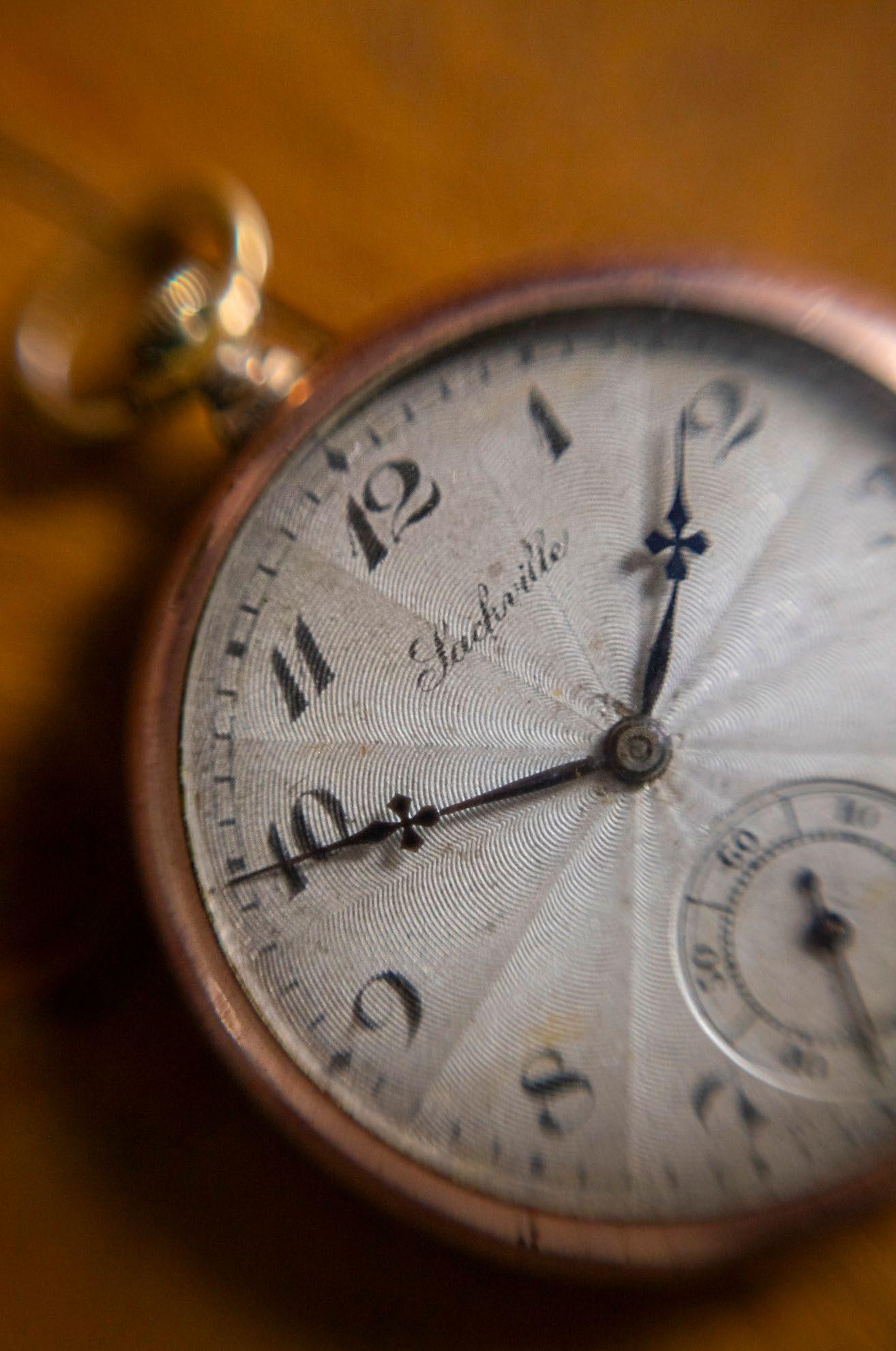
Macro is an amazing genre to get stuck into that allows you to magnify your subject for super-detailed close-ups, revealing a brand-new world, otherwise hidden to the naked eye.
But, if you've ever tried to take a close-up using a standard lens, such as an 18-55mm kit lens, you might be a bit underwhelmed.
A dedicated macro lens is usually required to take close-ups. These special optics come with reproduction ratios of at least 1:1, also called lifesize, because you can capture your subject at the same size as if it was laid across your Canon camera's sensor.
However, macro lenses can be pricey and won't be in budget for many in the current cost of living crisis. Luckily, in this project we take a look at a cheap and cheerful lens hack that will let you experiment with macro magic without breaking the bank. Here's how you can reverse an old film lens for terrific close-ups.

TOP TIPS YOUR CANON CAMERA GEAR SETUP
Discover camera and photo kit needed for top macro shots with this cheap lens hack
01 TRIPOD
Tiny movements in your camera and lens will be exaggerated when shooting macro close-ups. Therefore, a sturdy tripod is a good idea to eliminate camera-shake. A tripod also makes it possible to take a batch of photos for focus stacking.
02 REVERSING RING
Reversing rings are inexpensive (£12.95) and screw into the front filter thread allowing it to be mounted to your camera in reverse. Just be sure to order the correct Canon camera mount and the right lens filter thread size for your setup.
Bu hikaye PhotoPlus : The Canon Magazine dergisinin April 2024 baskısından alınmıştır.
Binlerce özenle seçilmiş premium hikayeye ve 9.000'den fazla dergi ve gazeteye erişmek için Magzter GOLD'a abone olun.
Zaten abone misiniz? Oturum aç
PhotoPlus : The Canon Magazine'den DAHA FAZLA HİKAYE
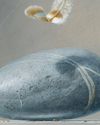
PhotoPlus : The Canon Magazine
The Art of Copying Art - James Paterson shows you how to use your Canon gear to capture artwork and paintings the right way with simple camera and lighting skills
Whether you want to capture a painting like the above, digitise old prints or reproduce any kind of canvas, there's real skill in capturing artwork with your camera. Not only do you need the colours to be accurate, you also need to master the spread, angle and quality of the light to minimise glare and show the work at its best.This painting by the artist Bryan Hanlon has a wonderfully subtle colour palette. To reproduce the painting in print and digital form, it needs to be captured in the right way.
1 mins
October 2024
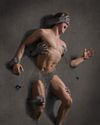
PhotoPlus : The Canon Magazine
Fright night
Canon photographer and digital artist Alexander loves to craft incredible fantasy scenes with a spooky horror twist
1 mins
November 2024

PhotoPlus : The Canon Magazine
Sharpen your shots with DPP
Sharpening a digital image also increases contrast at the edge of details
2 mins
November 2024
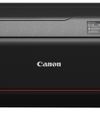
PhotoPlus : The Canon Magazine
CANON ImagePrograf PRO-1100
Deeper blacks, better bronzing, greater lifespan and 5G Wi-Fi -Canon's new printer is full of new tech, says
3 mins
November 2024
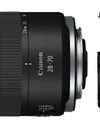
PhotoPlus : The Canon Magazine
Canon's new 'kit lens' is actually a half-price f/2.8 trinity lens!
The Canon RF 28-70mm F2.8 IS STM lacks a red ring, but borrows premium features from its L-series siblings
2 mins
November 2024

PhotoPlus : The Canon Magazine
DREW GIBSON
Pro motorsports photographer Drew on why he hasn't (yet) switched to Canon's mirrorless system, why old-school techniques can be the most reliable, and the lessons learned from more than a decade shooting the world's biggest car brands
11 mins
November 2024

PhotoPlus : The Canon Magazine
Up in smoke
Make a smoky shape in Affinity Photo and get to grips with the amazing Liquify Persona under the guidance of James Paterson
3 mins
November 2024
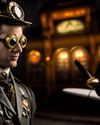
PhotoPlus : The Canon Magazine
Expand your creativity with Generative Fill
Photoshop's Al-powered feature brings revolutionary new tools to image editing. James Paterson reveals all...
2 mins
November 2024

PhotoPlus : The Canon Magazine
Turn your images into vintage postcards
Wish you were here? Sean McCormack explains how you can give your summer photographs a vintage postcard look
2 mins
November 2024
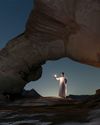
PhotoPlus : The Canon Magazine
The Angel Malibu
Light painting an American movie producer in the Wadi Rum Desert in Jordan was a highly unlikely evening out for David!
3 mins
November 2024
Listen
Translate
Change font size
